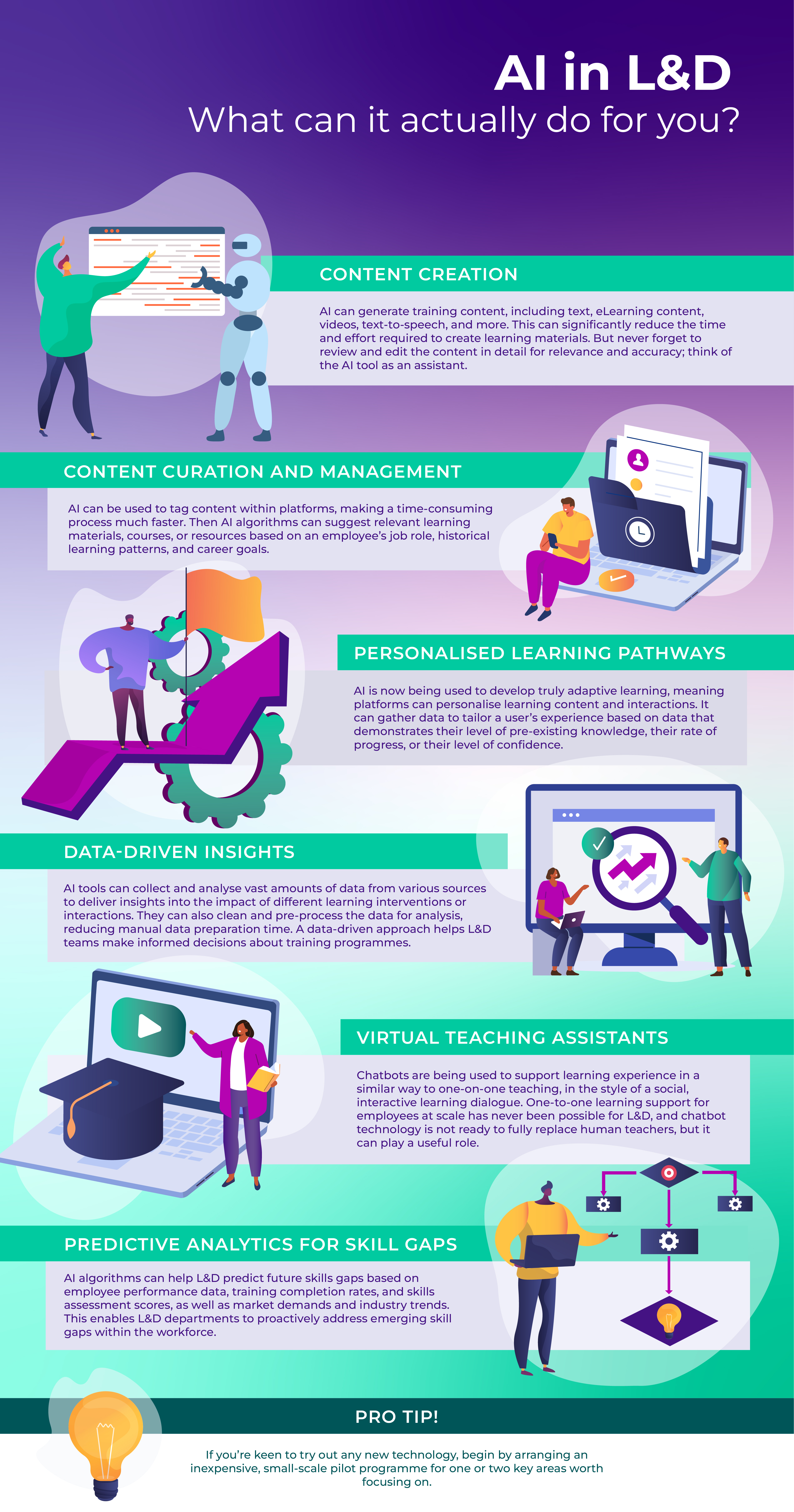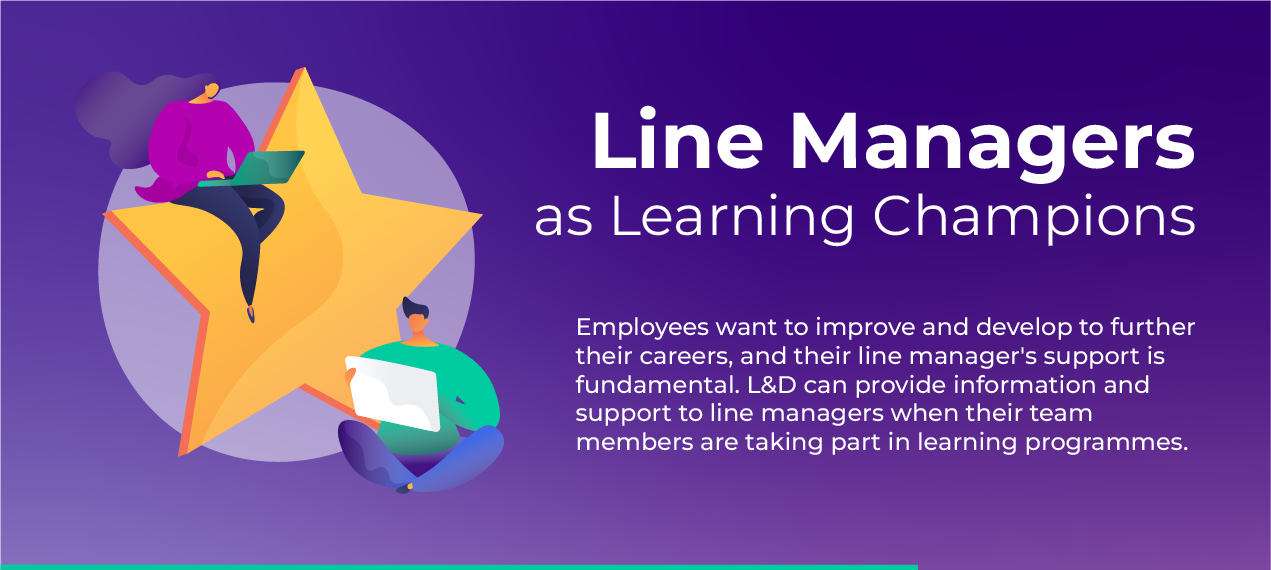What connects the co-founders of Udemy, altMBA and Socratic? They’ve created a cohort-based learning platform called Maven, with millions of dollars of funding from venture capitalists in Silicon Valley. With several courses on offer such as ‘Power writing’ and ‘Ideation bootcamp’, entrepreneurs and thought leaders are signing up to lead these programmes. And this is attracting a lot of keen learners.
What is cohort-based learning and why should you be interested?
Most people are familiar with Massive Open Online Courses, or MOOCs, which can enroll thousands of learners who complete their studies at their own pace. Unfortunately, the completion rates for MOOCs are low, whereas around 97% finish cohort-based courses like the altMBA. Why might this be? For me, one explanation is a lack of social interaction: there’s no learning ‘community.’ Cohort-based learning is built around community and active learning. It features a combination of instructor-led live sessions and learning resources, with a significant focus on social learning. Cohort-based learning is fundamentally a social experience supported by useful content and experiences. The social element is not an afterthought.
What are the main benefits of cohort-based learning for L&D?
- It empowers learners and supports a collaborative way of working – Whether it’s focused on leadership skills, digital marketing or client engagement, cohort-based learning is not a passive exercise. While instructors provide resources or lead workshops, learning really takes place during activities and conversations with peers on the course. Engaging with this process is the only way to truly succeed on these programmes. In terms of learning transfer, these courses are very action-orientated, as learners are encouraged to use new knowledge immediately in the tasks and challenges they are set. In the workplace, this means taking action in their day-to-day role. We recently designed a cohort-based programme for a client who wanted an elite sales training experience for their leading salespeople. They wanted to develop an experience that would prompt different tasks and discussions and not just feed information to the participants. A cohort-based learning approach can make knowledge available in a variety of different ways and the course can be constructed as a collaborative, social experience, which they agreed was a better option than traditional e-learning.
- It engages and motivates participants - Self-determination theory, developed by psychologists Richard Ryan and Edward Deci, suggests that intrinsic motivation is critical to how engaged people will be in any activity. Their theory identifies three key human needs that support this: autonomy, competence and relatedness. In other words, we want a choice in what we are doing and how we are doing it, support so that we can achieve success and a feeling of connection to others. Most online courses solely use asynchronous learning, so people study in their own time and can choose whether or not to complete any additional tasks. This provides flexibility but doesn’t offer that connection and supporting structure. Cohort-based learning works on the principle that variety gives participants more choice and allows a range of content to be made available. It incorporates both synchronous and asynchronous learning, meaning that pre-recorded or curated content is mixed with sessions in which groups come together live to debate and discuss. As a result, it gives learners that autonomy, connection and the support of their peers around them.
- You can incorporate tools that your team are already using – There are platforms designed to deliver this type of course, but you can build a course experience incorporating tools the participants already use. A learning community can be hosted in MS Teams or Yammer, live events in Teams or Zoom and a learning journey delivered via ongoing, facilitated interaction in the chosen social space. Last year, our client had to cancel a planned face-to-face event due to COVID. We supported them to reimagine their live, intensive, in-person experience as an online cohort-based course. We maintained their focus on networking by creating a community space using Teams as the backbone of the course. The provision of learning resources and arrangement of live “masterclass” workshops were organised in the same place. Using a social space and regular live interaction means that a course narrative emerges from ongoing conversation. The planned content and themes structure the programme, but the learning is partly personalised and enhanced by peer-to-peer interaction.
- You can still monitor learner performance – You may be wondering how you can assess the performance of cohort-based learning programmes and demonstrate return on investment? Engaging line managers is a powerful option, encouraging and guiding them to support their employees in the process. They can view the application of new learning in the employee’s day-to-day role. Using 360 feedback, you can also assess whether performance has improved, or if particular goals are being met.
- These courses are agile – When creating your own programme, you can make adjustments based on ongoing participant feedback and make judgements based on what facilitators notice. This means you can adapt to your cohort, their environment and current situations in your workplace, as well as outside it.
Overall, cohort-based learning is a great combination of structured guidance and the creation of a social community to help people learn from their peers. We know that most corporate learning happens informally, and these courses really lend themselves to those informal conversations, which allow participants to benefit from the knowledge and workplace experience of others. In a world that can feel swamped with content, this is an engaging way to help your learners get the skills they need. At the same time, it allows them the autonomy to voice their own ideas and create their own social communities, which will benefit them for years to come.
We are building a learning journey application that will be centred on cohorts, social and action oriented content, its first application will be on the democratisation of leadership training. Get in touch to find out more.







Was this article helpful?